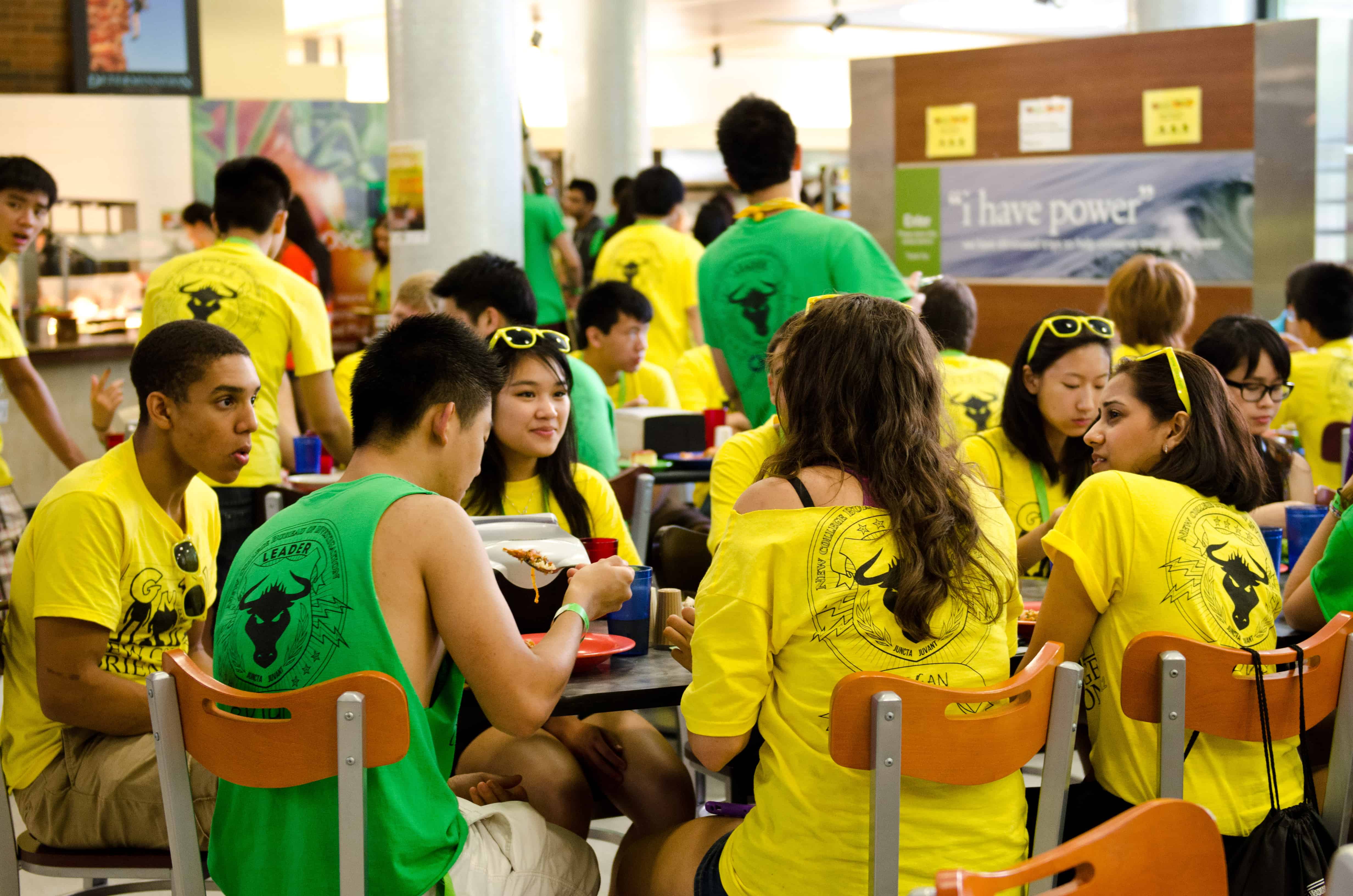Walking through campus during frosh week, any student would think that the University of Toronto has robust and engaging co-curricular activities. Newcomers are left with the sense that they will be able to meet and greet with peers all year round by signing up with one of more than 100 student-run groups on campus.
But in the first week of classes, as I sit in the Arbor Room writing this article, I hear nothing but the dull hum of keyboards typing with the fervor and monotony of academic persistence. Looking at my syllabus, and knowing what my syllabi have looked like in the past, I can understand why the 400-plus pages of weekly reading deter continued co-curricular commitment throughout the year.
Student engagement at U of T has always been notoriously poor. In the 2011 National Survey of Student Engagement, U of T came in dead last in the section on active and collaborative learning. The university came third from last in the section on Supportive Campus Environment, trailed by Ottawa and York. Given this, U of T seems to be a big bad academic wolf growling at any attempt for students to forget about their studies for a while, wear matching t-shirts, or cheer for themselves.
The university, in response to these scores, published a document titled “In Their Own Words” defending the results. But is this really the fault of the university administration? In the report published by the vice-provost, students at U of T expressed serious pride in committing their time and intellectual capacity to surviving the highest globally ranked academic institution in Canada. Yet, with that pride comes the true overwhelming reality of the work associated with maintaining this reputation.
Students are forced to ask themselves “What are we really gaining from joining co-curricular activities?” What makes sacrificing precious study hours for stale donuts or cheap beer worth it? It should be out of a desire to have fun, meet like minded-people, and have memories of university that don’t only revolve around hours spent on the verge of tears in Robarts, hours before a final exam. But unfortunately, as we have seen with UTSU and ASSU, this is not always the case. Sometimes, it’s about boosting your resume or picking fights and generally causing more problems than are solved.
This is the problem; it’s a matter of intentionality. If you intend to get a sense of school spirit out of this university, you are in the vast minority, and you need to recognize that. So, you can complain and whine about the people that surround you and their lack of participation — or you can accept it, smile during frosh week, and try to go to more campus-run events. Or go really far out of your comfort zone and try and start something on your own.
The next time you feel overwhelmed by academia, instead of complaining and grading the university at a low score, go online and find a group that interests you, email them, and go to a meeting. The only way the university will improve in student engagement, is if students go out and participate. No matter how many action plans the administration comes up with, nothing will change until we go out there and get involved.


